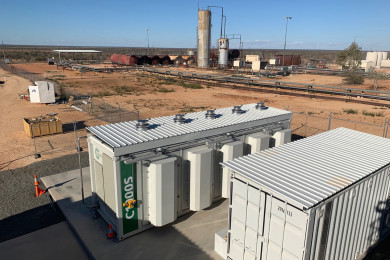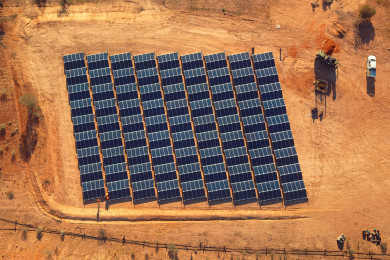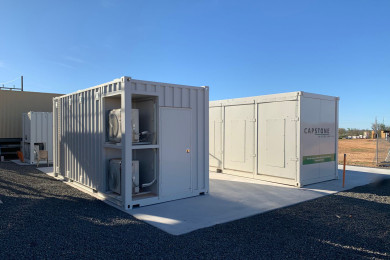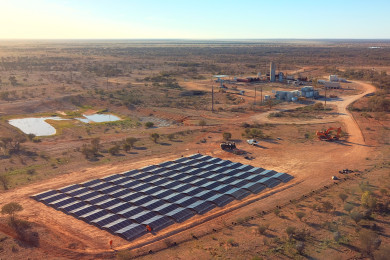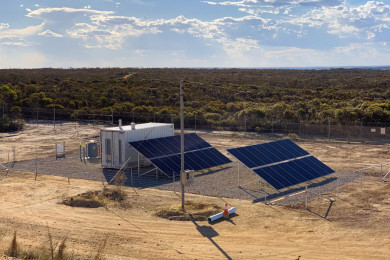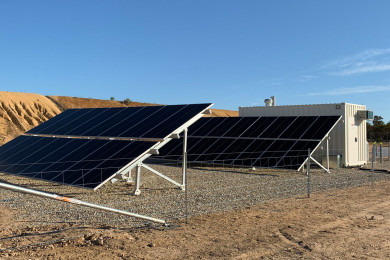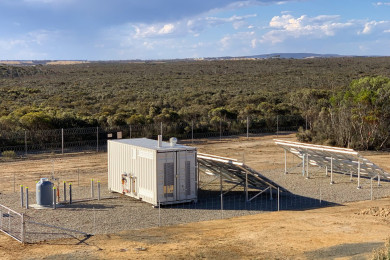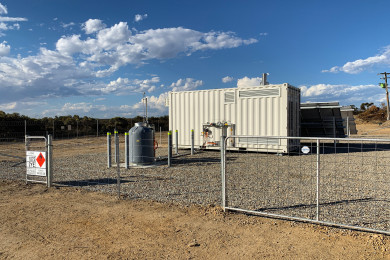A microgrid brings together multiple forms of energy generation and storage to minimise fuel consumption and emissions while maximising reliability and resiliency. We also deliver stand-alone power systems (SPS), which provide reliable and versatile power when you want it, wherever you want it. Like microgrids, these systems are often a combination of various technologies such as solar PVs, supercapacitors, batteries, and microturbines. These systems can deliver reliable, hybrid power in the most remote environments.
While very similar in features, the two differ in certain areas, such as stand-alone power systems being designed for one user’s needs, whereas microgrids are usually utilised by multiple users.
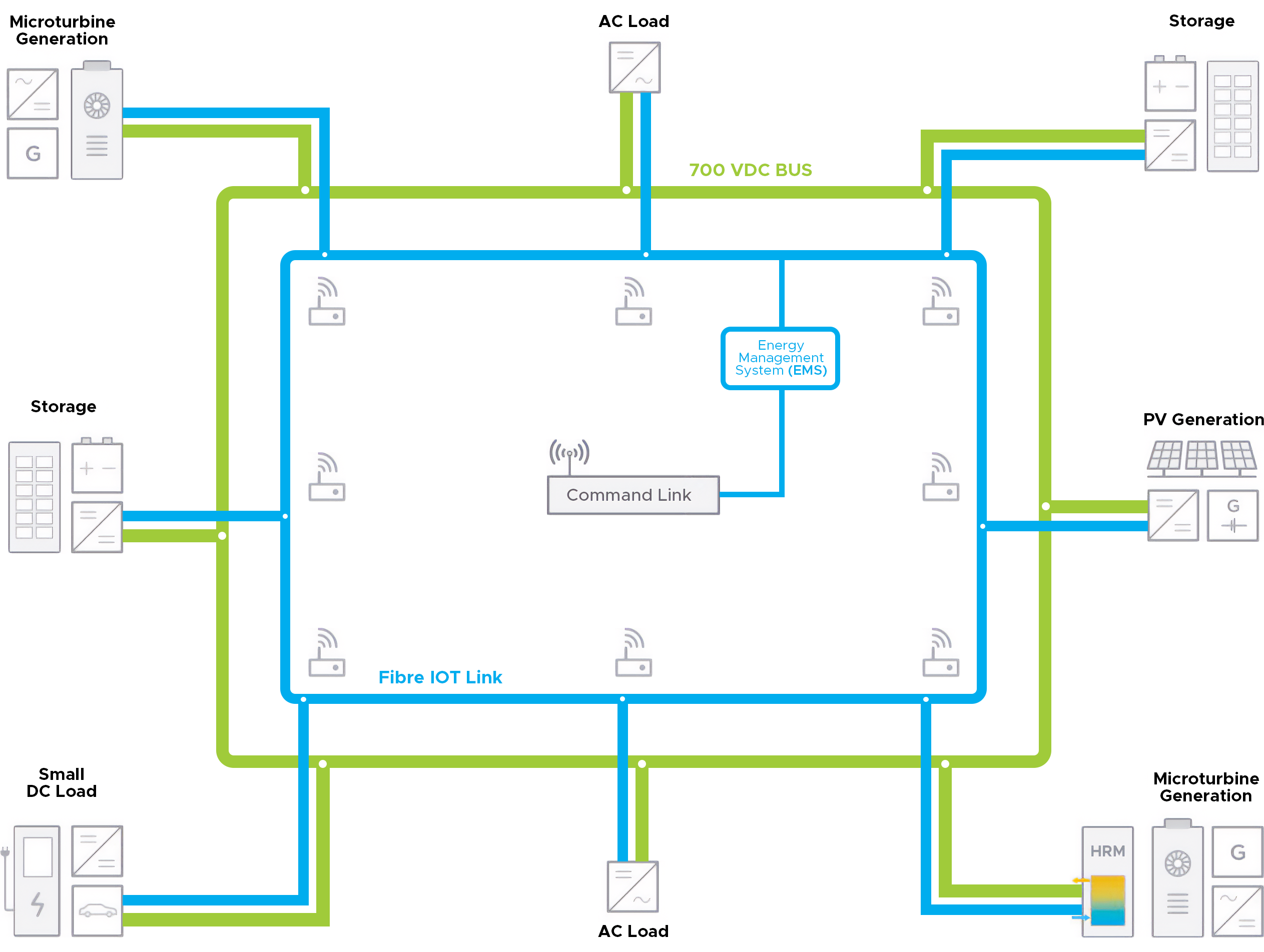
Key advantages associated with these systems include:
- The option to utilise low-emission fuels such as Compressed Natural Gas (CNG), Liquified Petroleum Gas (LPG), or biogas as alternatives to diesel.
- Being a fully integrated hybrid energy system.
- Having energy storage capabilities and a renewable energy interface.
- Achievement of up to an 80% reduction in fuel consumption.
- Remote monitoring capabilities, low maintenance requirements, and high operational uptime.
- Being able to facilitate up to 75% renewable components.
- Being able to provide 24/7 hot water.
- Elimination of the risk of environmental contamination from diesel, oil, or coolant.
Optimal Group operates hundreds of units in harsh & remote conditions across Australia, which still requires dispatchable, flexible power for times when wind or solar is unavailable. Many of these sites are inherently isolated and occasionally unmanned, emphasising the importance of uninterrupted operational uptime and self-sufficiency that SPS systems offer. In most of these sites, we are replacing diesel generators, and in comparison to diesel, gas is more readily available, cleaner, is lower cost and can be stored longer.

